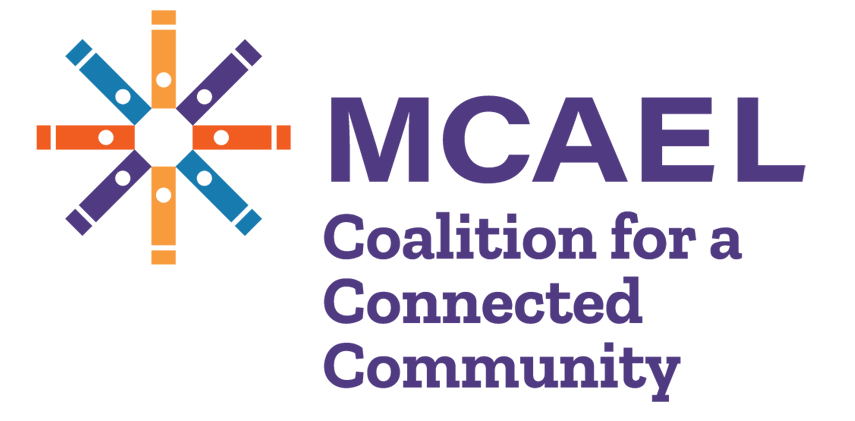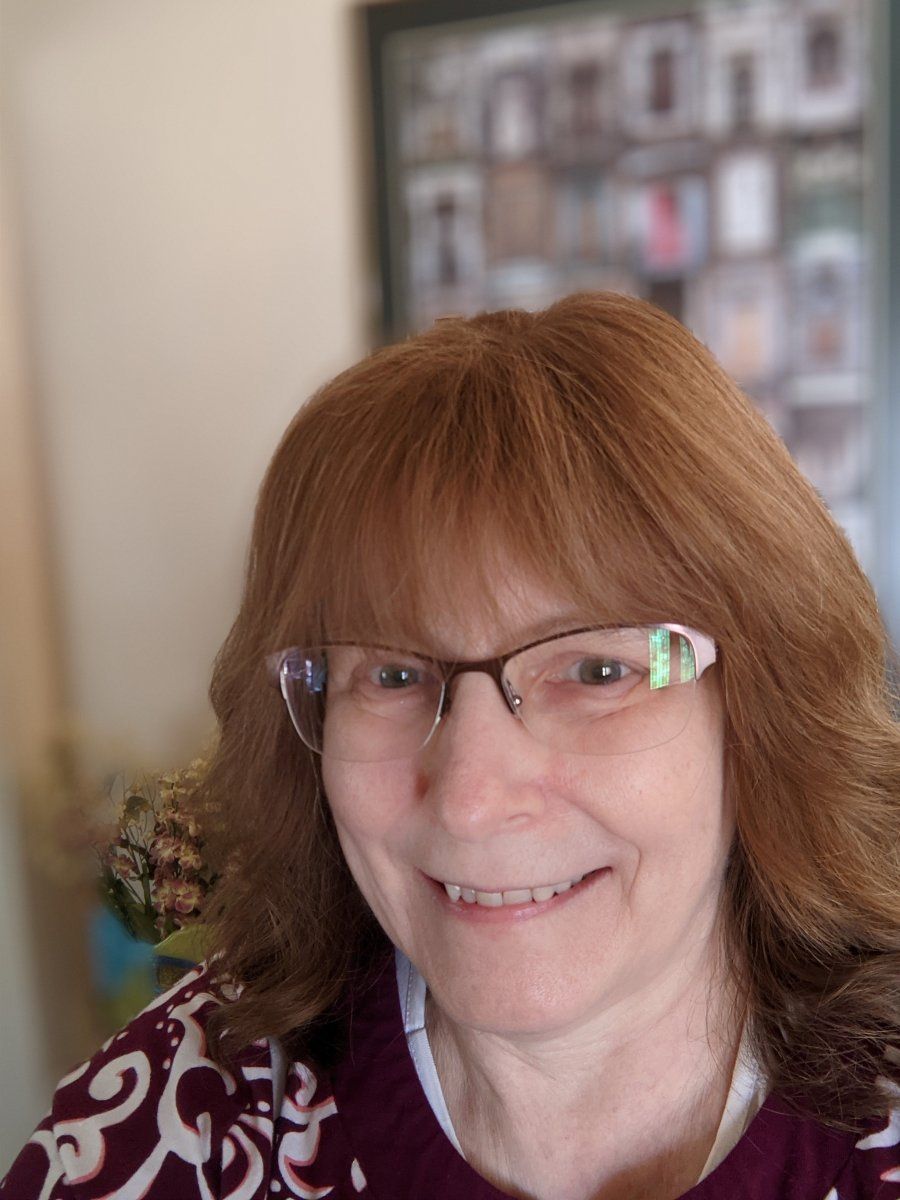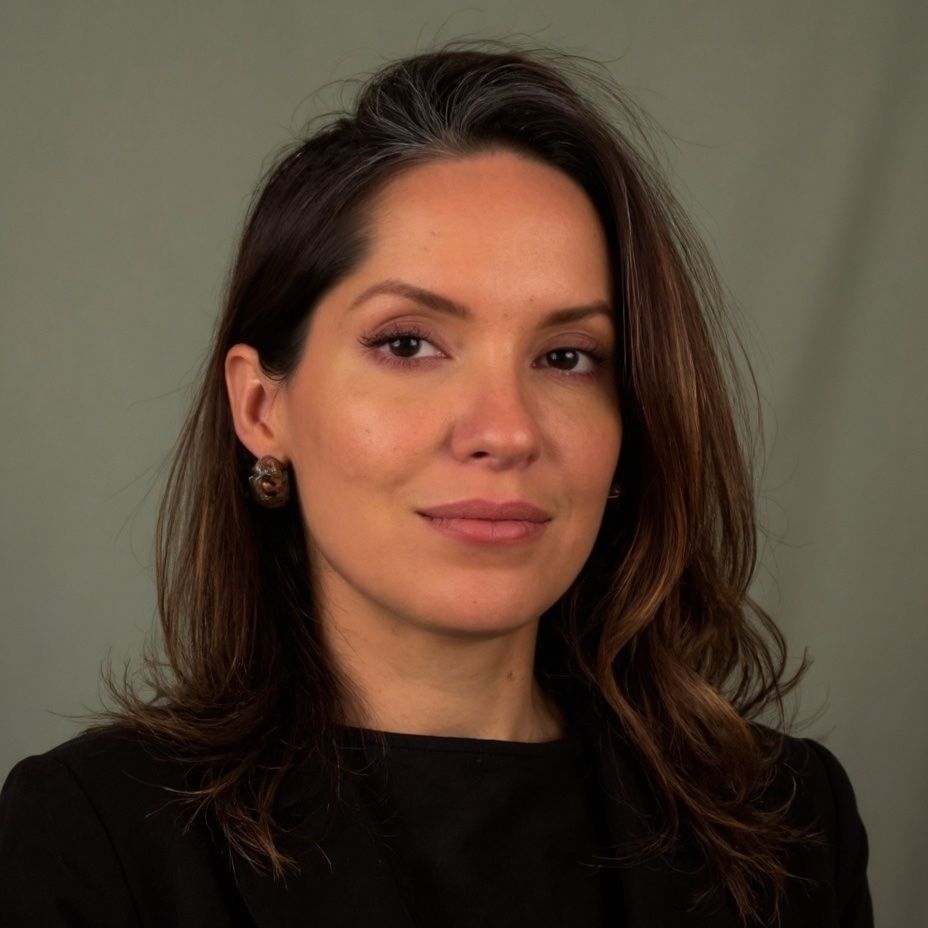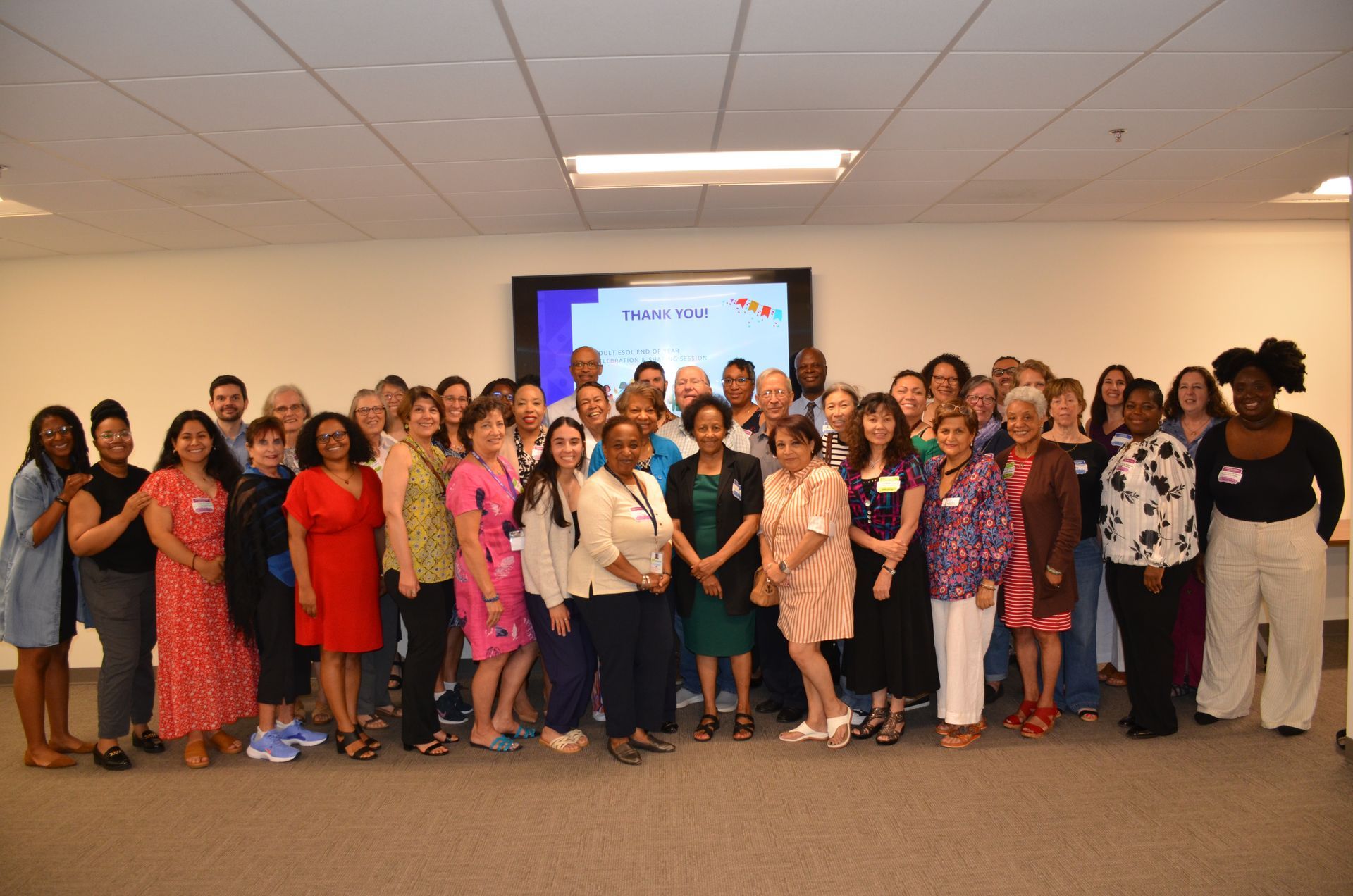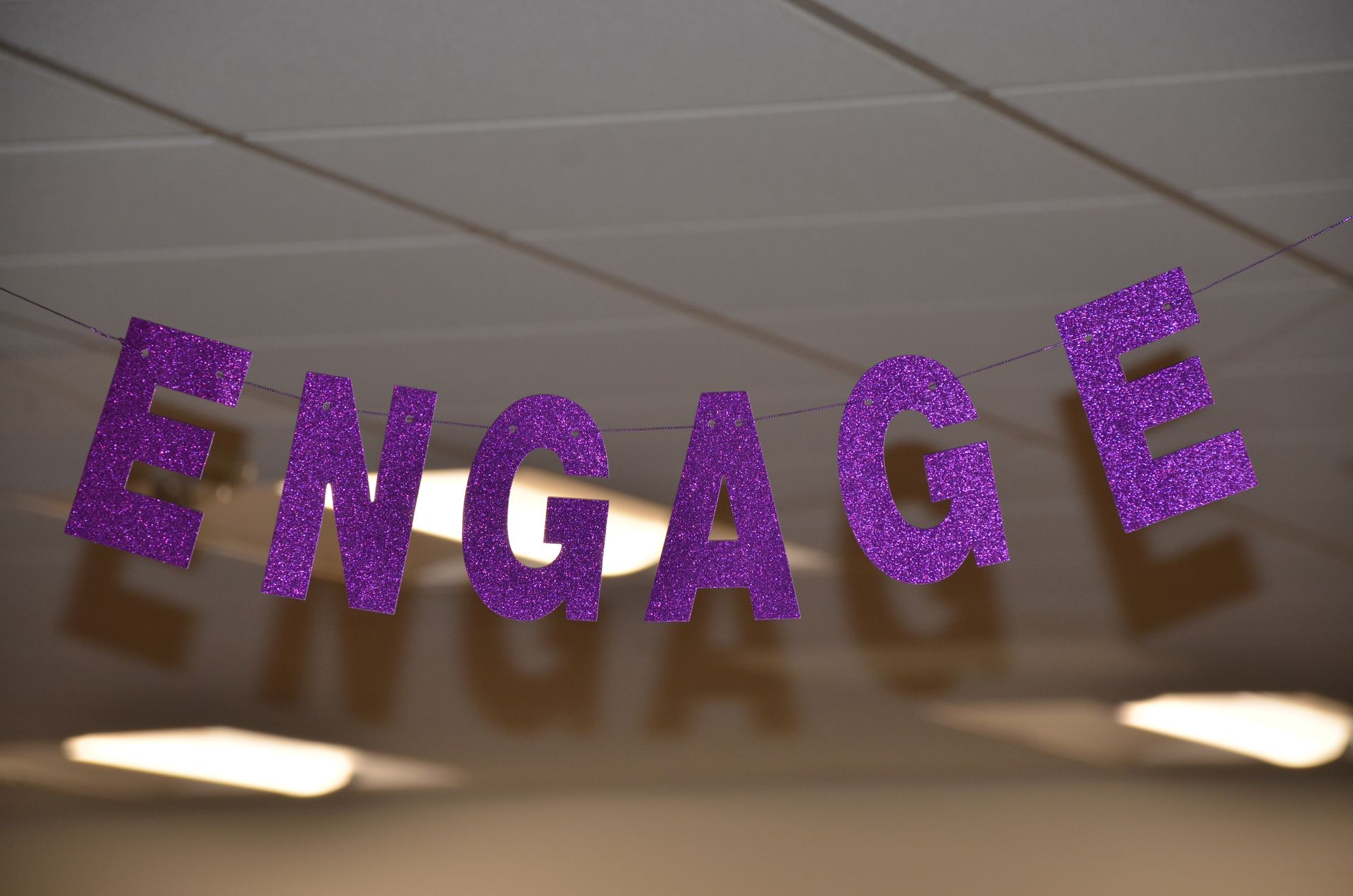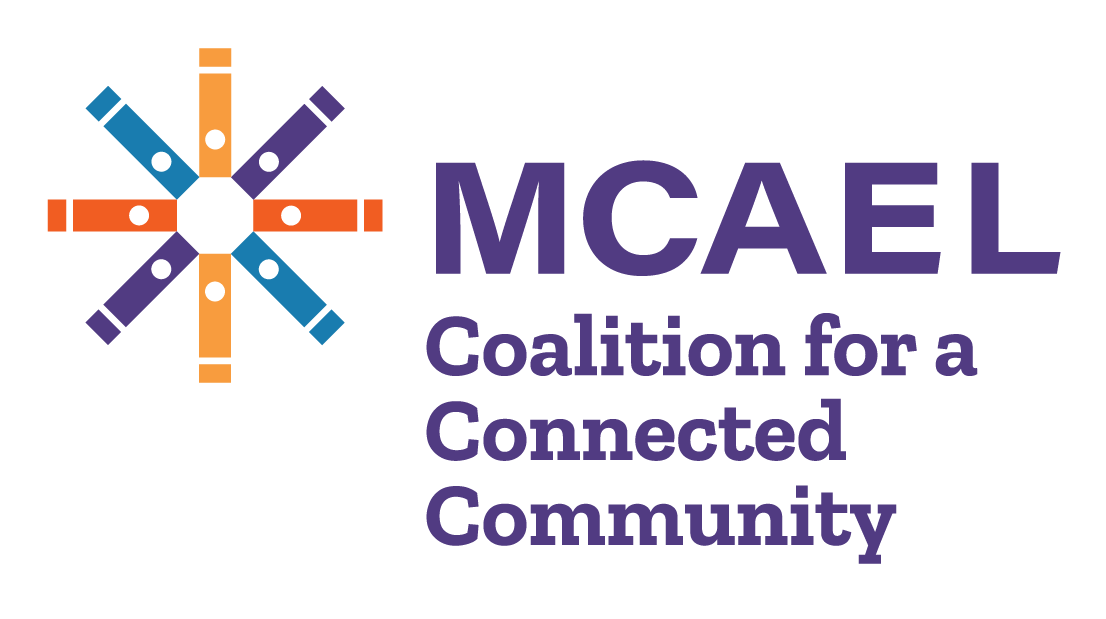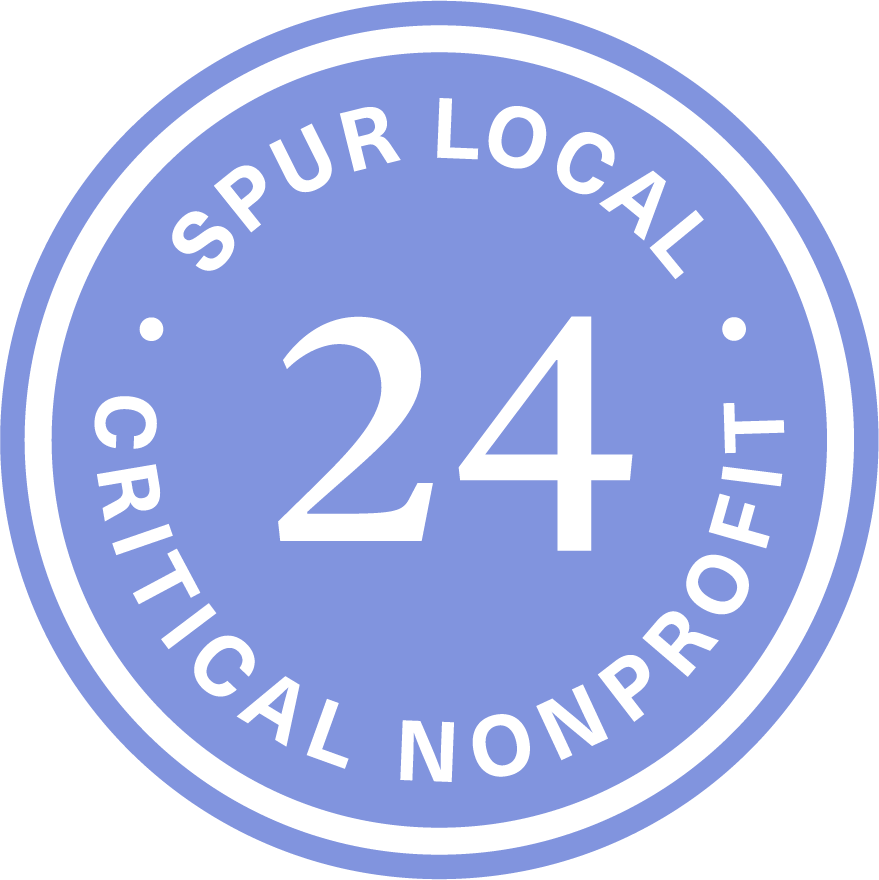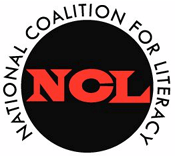Tell us a little bit about yourself and what has inspired you to be a teacher?
I became a teacher somewhat accidentally, when I was given a teaching fellowship in my graduate program in computer science. I really liked it, and went on to have several computer science teaching jobs. Later, when my kids had all moved out, I came back to teaching when I volunteered with the Literacy Council of Montgomery County. I discovered that I love ESOL and love working with adults.
What are the biggest challenges you face as an ESOL teacher?
The biggest challenge is to recognize when my teaching style is a mismatch with a student’s learning style. Especially when the student is communicating with a reduced English vocabulary, it can be difficult to find successful teaching techniques. It’s also challenging to work with a group of students who have different levels of English proficiency.
What has teaching remotely during a global pandemic taught you?
I have discovered that my students are much more resourceful and motivated than I had ever thought! They have been eager to learn how to manage the technology, and I think that has given them a confidence boost that carries over to their English learning.
What advice would you give to a new ESOL teacher or volunteer?
I think the most important skill a teacher can have is the ability to really listen to the student. It sometimes takes critical listening to understand what the student is really asking, or really misunderstanding. I also think it’s valuable to admit when you don’t know the answer to a question. To show you are also willing to learn something will help build a stronger connection with the students.
What have been your favorite pastimes during COVID-19?
I’ve always done handwork; sewing, knitting, crocheting. I’ve been able to work on more projects; it’s been a way to enjoy the time that I’ve had to spend staying at home.
What do you find most rewarding about your work?
Of course, it’s always rewarding to know that I’ve helped someone learn and grow in their English mastery. But more than that, I really enjoy building a relationship with my students. Having that connection brings depth to our communication, and it’s also just fun to learn about what my students have done in their lives.
What is something you learned about your students during this remote teaching period?
In a way, teaching online has helped to strengthen my connections with my students. On Zoom, I see them sitting in their homes, see what is in their environment, as they can see what is in mine. This gives us both a more immediate sense of what our lives are like outside of the “classroom,” and also gives us more to talk about! I’ve been blessed to have a great group of students to work with during this time.
